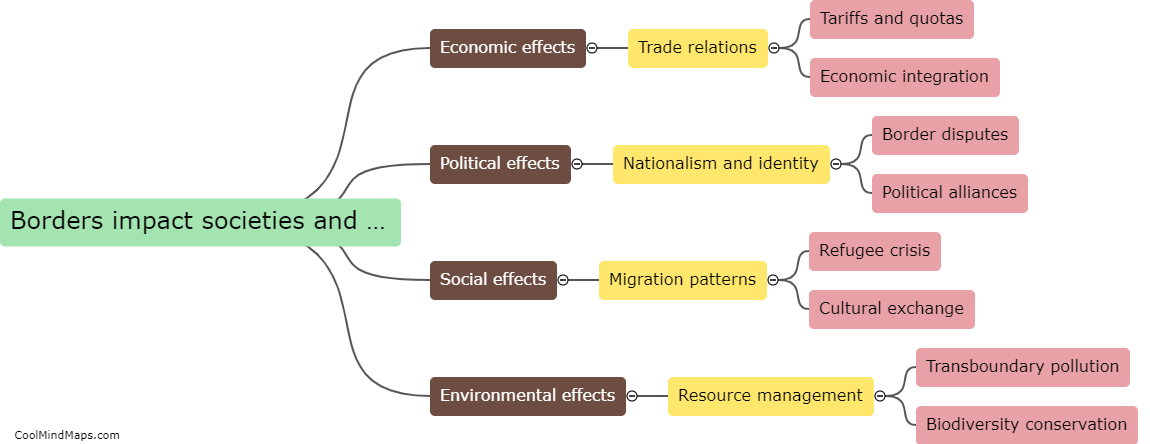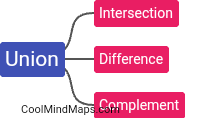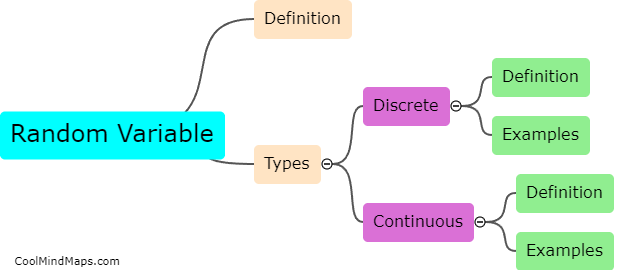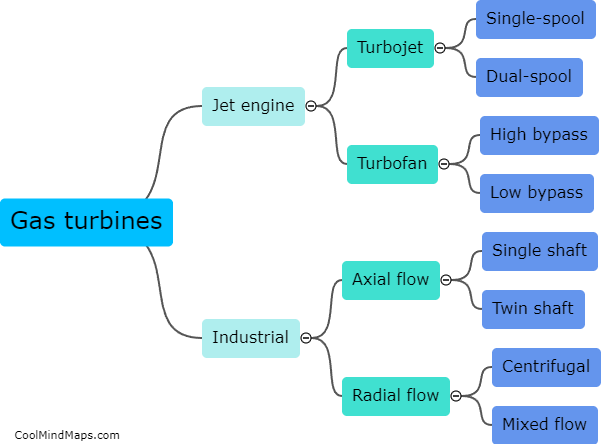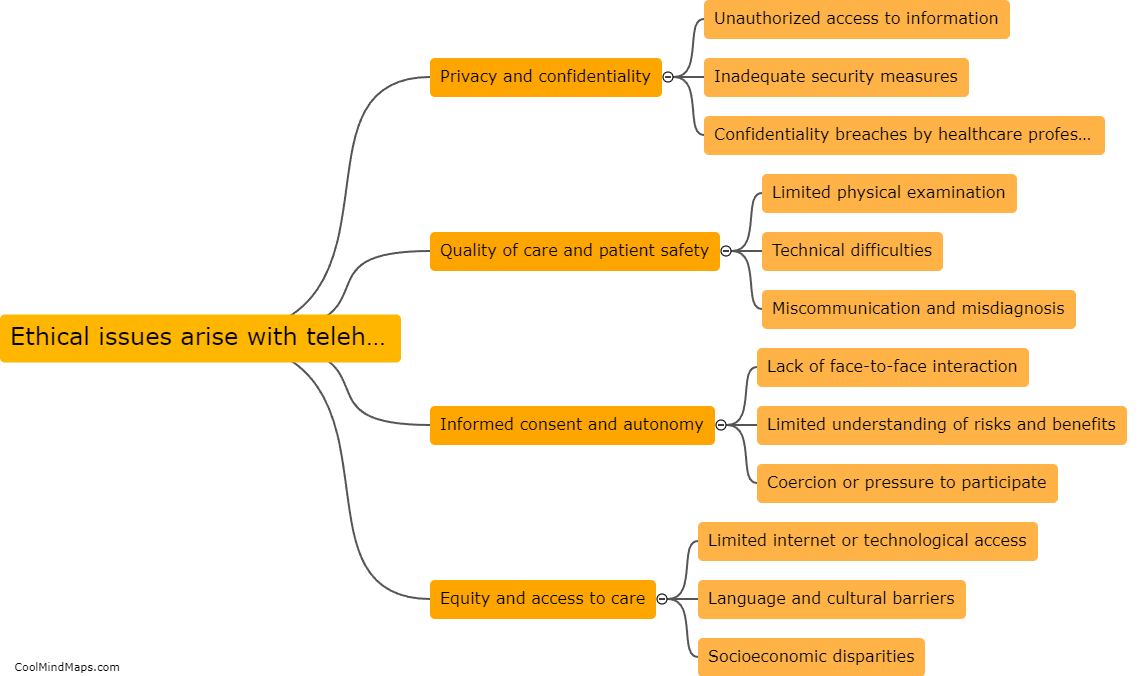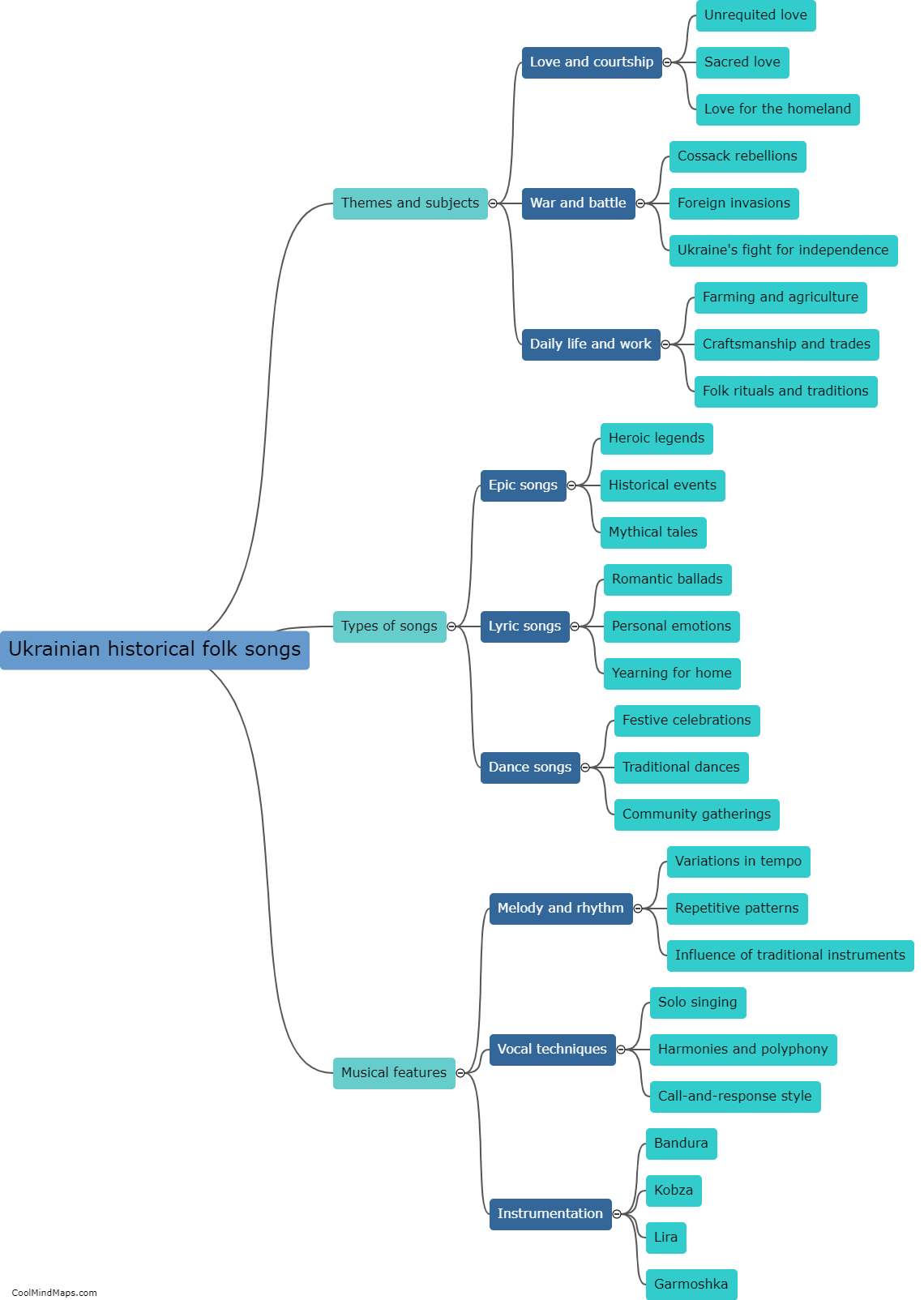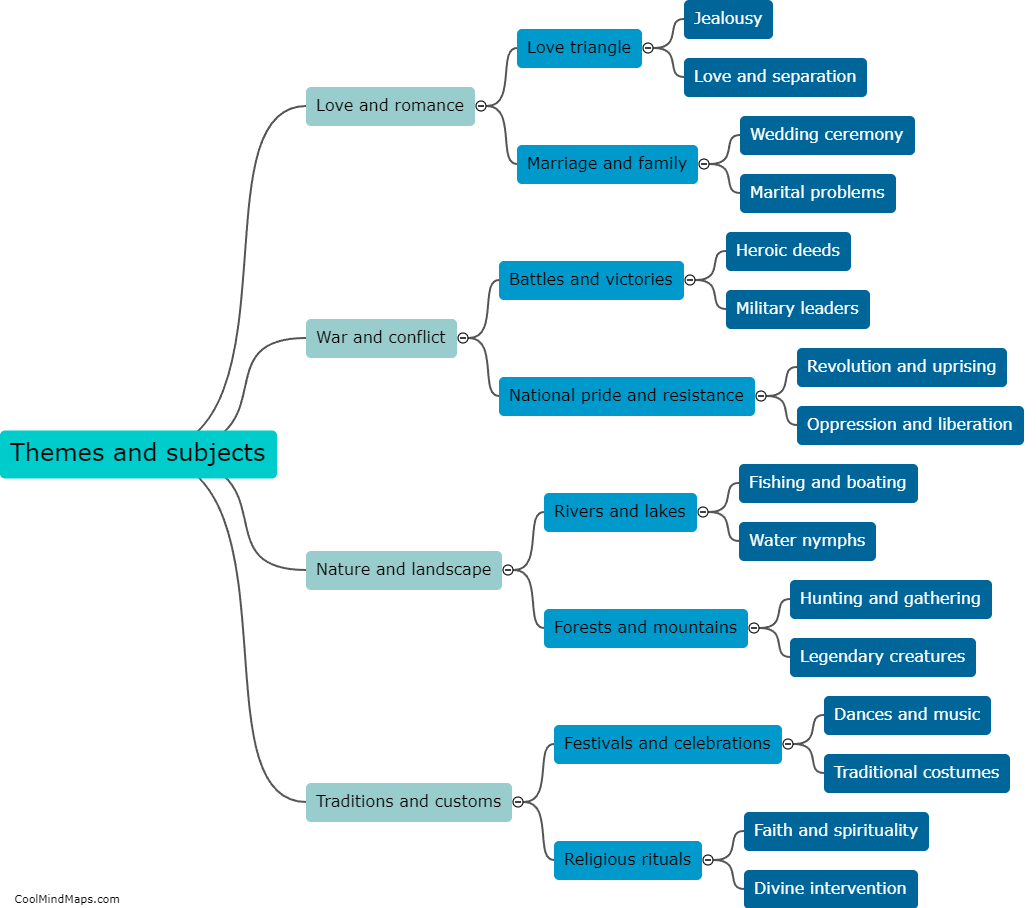How does the peer review process work?
The peer review process is a crucial aspect of academic publishing and ensures the quality and credibility of scientific research. After a research paper is submitted to a journal, it undergoes an initial review by the editor to check for its relevance and appropriateness for the journal's scope. If deemed suitable, the paper is then sent out to expert reviewers within the field, who evaluate the study’s methodology, soundness, originality, and overall contribution to the scientific community. Peer reviewers provide constructive comments and suggestions to improve the quality of the research. Their feedback is typically anonymous and confidential. Based on the reviewers' comments, the editor can then make a decision about the acceptance, revision, or rejection of the paper. Anonymous peer review helps to maintain integrity and minimize bias in the evaluation process. Overall, the peer review process is essential for maintaining the rigor and reliability of scientific research.
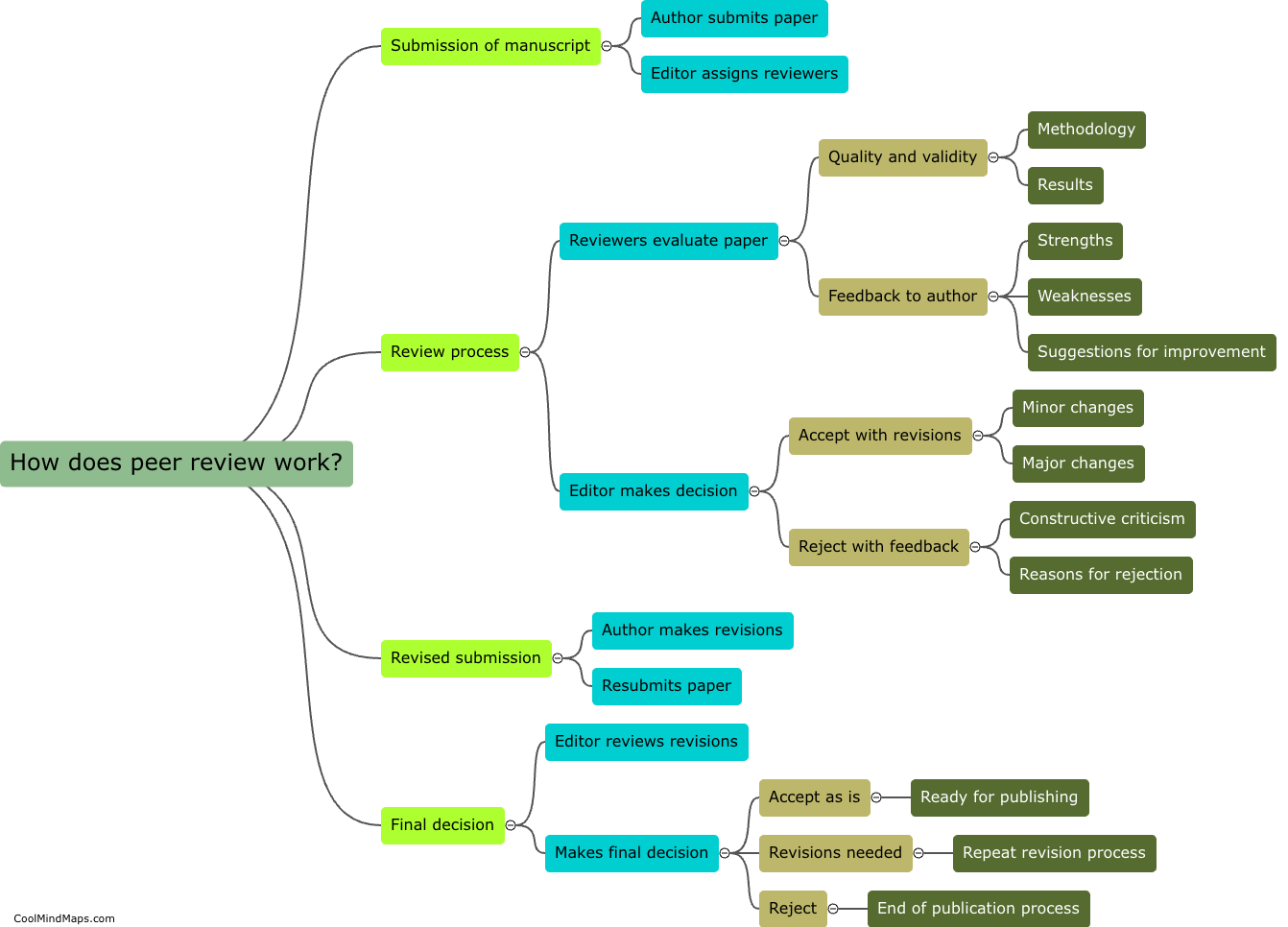
This mind map was published on 18 August 2023 and has been viewed 111 times.

